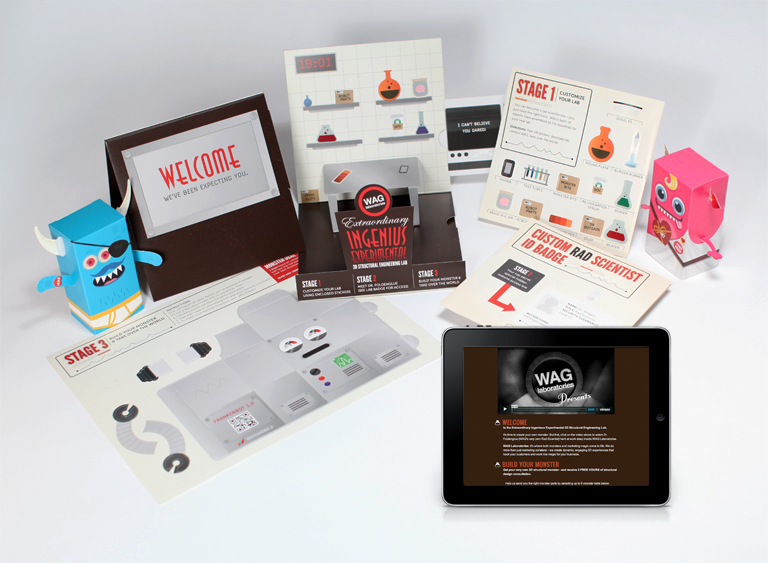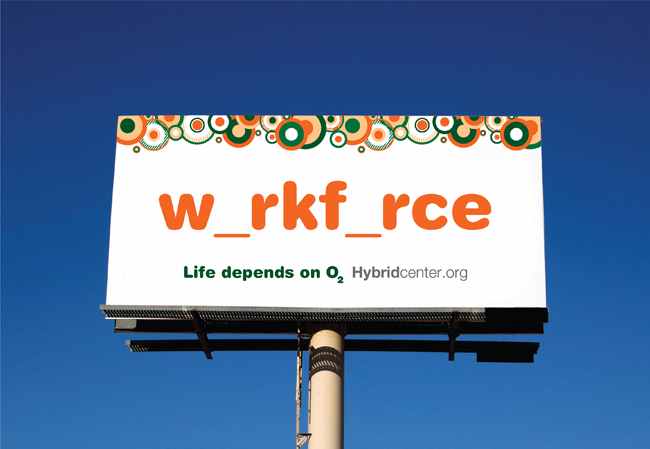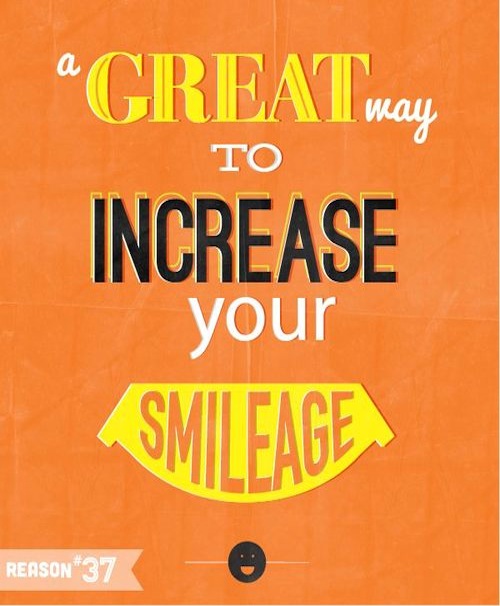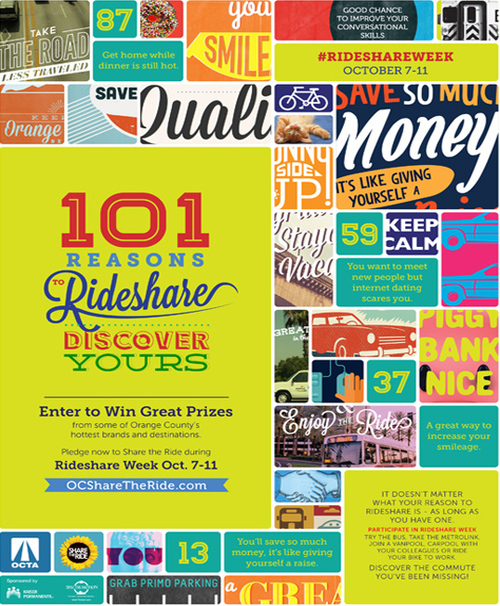Name: Marianne M. Chrisos
Age: 29
College & Majors/Minors: BA in English with a Minor in Psychology, MA in Writing and Publishing
Current Location: outside of Chicago, IL
Current Form of Employment: Content Developer
Where do you work and what is your current position?
I work on a phenomenal content team at a promotional products company (the people who put your logo on cool stuff like pens, stress balls, and bags) called Quality Logo Products. I write blog posts, articles, product descriptions, web copy, email marketing copy, and other various tidbits. I also help manage and monitor our corporate social media channels; Tumblr in particular is my social domain and I take great pride in sharing marketing, branding, and design news with the millennial masses.
Tell us about how you found your first job, and how you found your current job (if different).
My first job out of college was working in the customer service and sales departments of a publishing house. I thought that might eventually lead to an editorial or acquisition position, but nothing ever opened up. I did, however, get to work on the editing of the sales team fact sheets and processes manual, and also worked to help set up conferences and worked on author orders and other fun book things. I was there for over five years, met a ton of rad people, and learned an insane amount about publishing, bookstores, and production.
In my current job, it’s all writing, all the time. I don’t interact much with our end user like I did in prior positions, but I do work with other departments to figure out what resources we can create to help serve those users better, be it resources on marketing, entrepreneurship, or how promo products can help grow a small business.
What was another writing-related job that was important in your career?
Between my publishing job and current content gig, I worked as a freelance writer and editor and also as a marketing specialist for a real estate brokerage. Both of those opportunities helped me incorporate more research into my writing and cultivate different voices across different mediums. Web copy is different from academic writing, which is different from marketing emails and as someone building a career in writing, it was good to have experience in different areas.
What did you do in college to prepare for your post-grad life?
I think the best thing I did in college was find like-minded English majors to bond over books, literature, words, and writing. This not only helped me survive the stress of school, but having a group of people with similar interests and goals helped me stay focused and productive when finding a job was difficult or when I was struggling creatively.
Sometimes it feels like the English major job and accomplishment pool is very competitive; a lot of talented people fighting for a lot of the same positions, gigs, internships, publishing opportunities, etc. Having a good group of go-to peers can be encouraging. It keeps you linked to what you love and you can offer and receive support and insight.
Need a writing group or book club? Those are your people. Need a recommendation or someone to proof your grad school application? Got that too. Need someone to geek about indie bookstores and movie adaptations with? English nerds to the rescue. Writing can be lonely; find your people.
“The skills you develop as an English major can translate to a lot of different jobs and opportunities, so don’t limit yourself.”
What is your advice for students and graduates with an English degree?
Be patient. Everyone wants to get out there, make a name for themselves in editing, teaching, writing, and publishing, and validate the choice to major in English. But it’s important to remember that there’s room for everyone and to stay open to all the possibilities. The skills you develop as an English major can translate to a lot of different jobs and opportunities, so don’t limit yourself.
Also, it can be discouraging to have spent years of your life studying English and literature, writing papers, performing Shakespeare, and dreaming English-y dreams only to have to get a job doing something that doesn’t fulfill you or pertain to your passion. Remember that there is plenty outside of a 9 to 5 that can bring you creative joy and justify your English endeavors.
Respect the Oxford comma.
Oh, and read as much as you can. Read everything. Don’t limit yourself to textbooks and syllabi suggestions (but don’t shun those either). Make time to read what you know you love and stretch yourself to reading things you don’t. Some of my favorites (things have grown me as a writer and a person) are Anne Lamott’s nonfiction and Dear Sugar by Cheryl Strayed.














































































